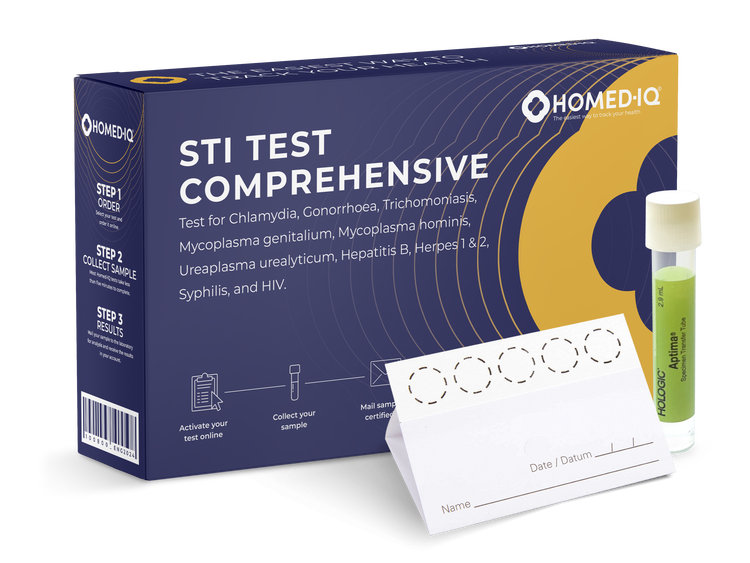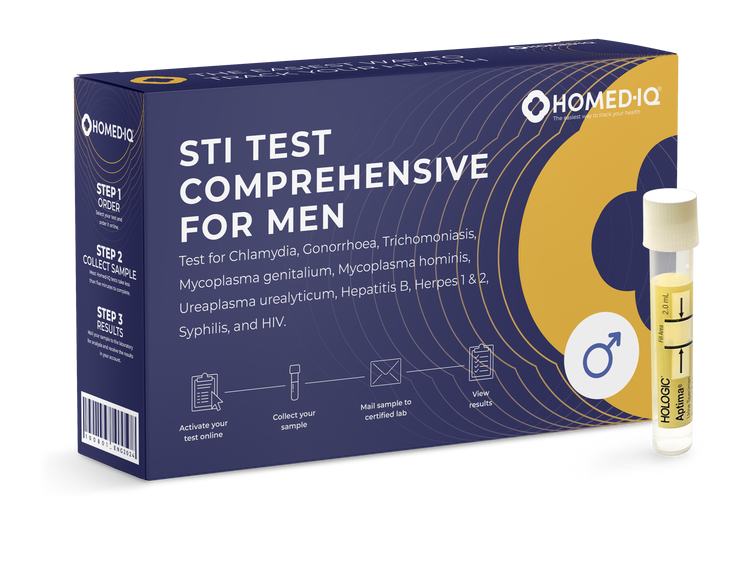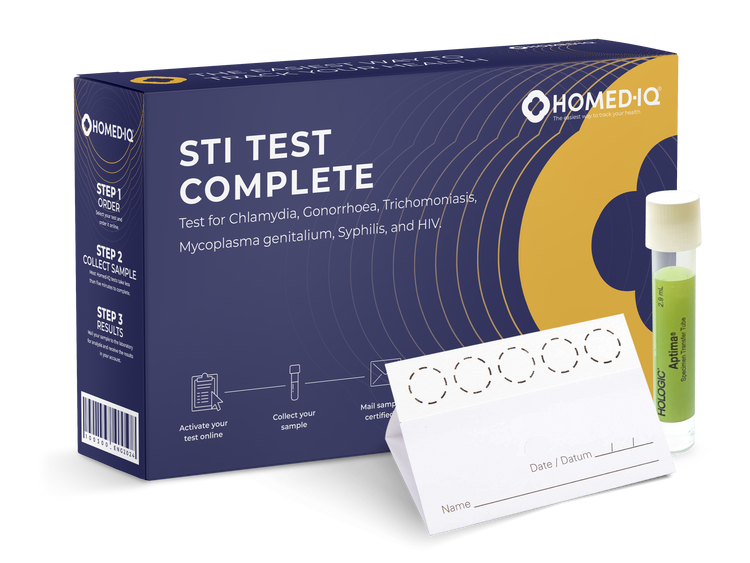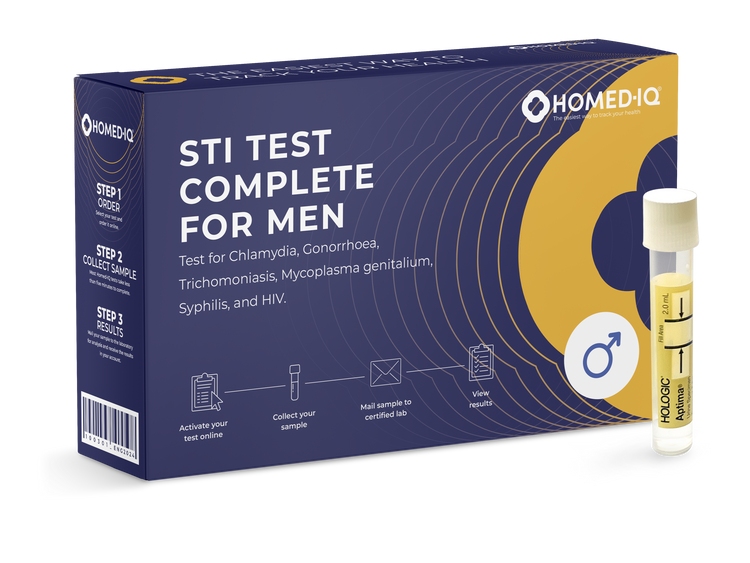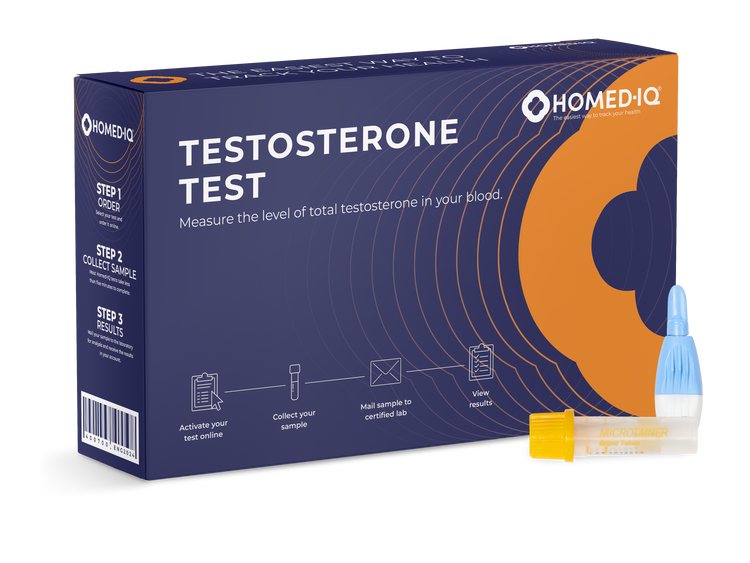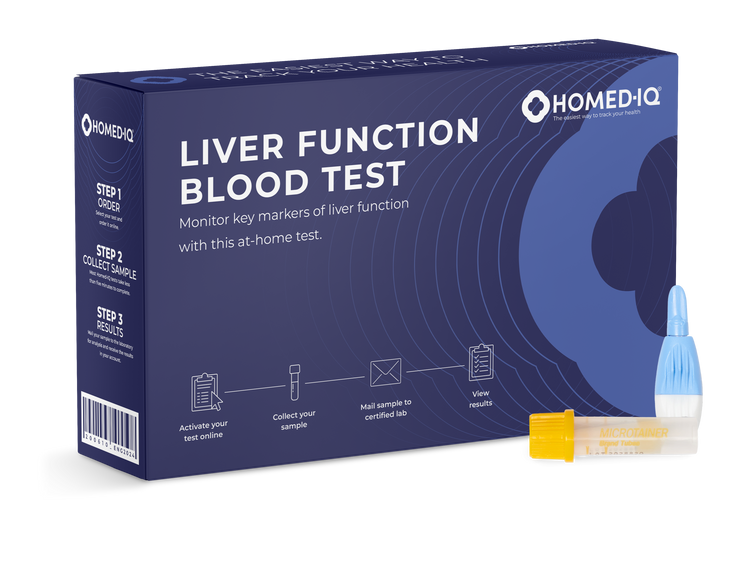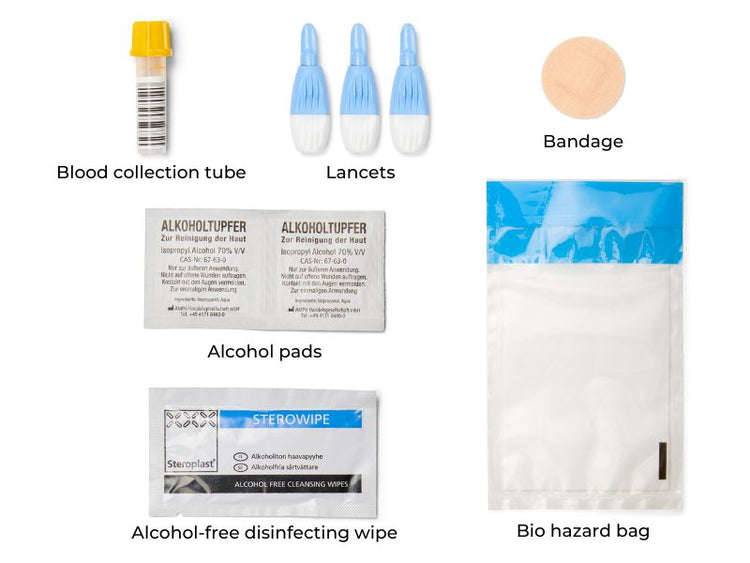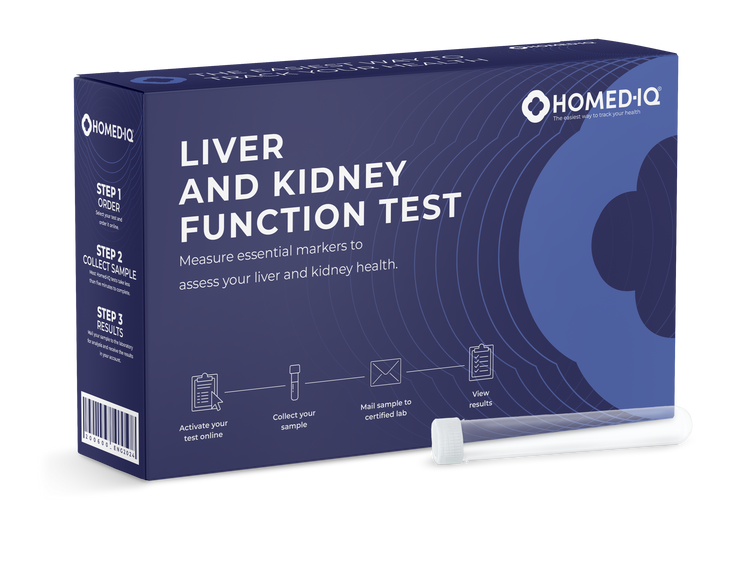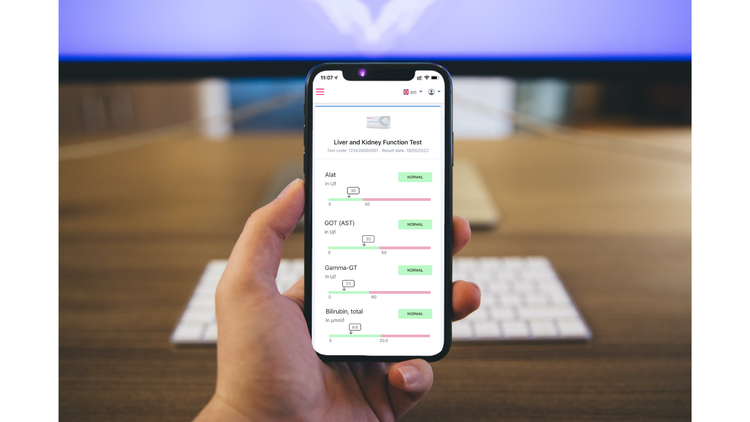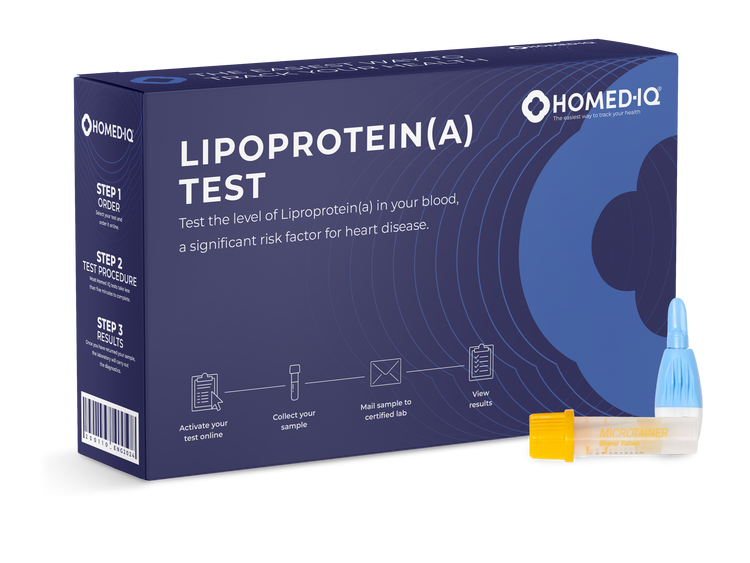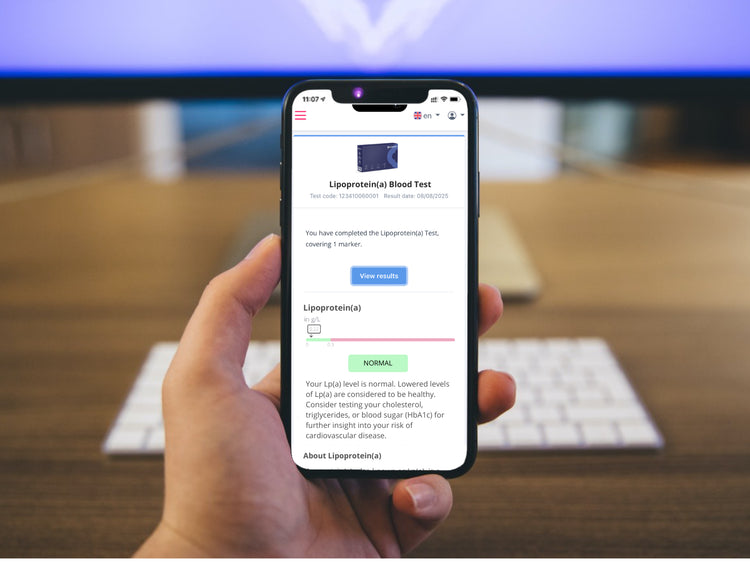HIV Test
FREE SHIPPING
Get a fast, reliable diagnosis from the privacy of home. This fourth generation laboratory test detects both HIV antibodies and the p24 antigen, allowing for an earlier diagnosis than rapid HIV tests. Simply ship your finger prick blood sample to our partner laboratory and receive certified test results in days.
Test mode:
Finger prick blood test
Window Period:
The window period is the time between when you were infected with an STI and when it is detectable with a test. The window period for HIV is 4 weeks and in rare cases up to 3 months. If the test result is negative, HIV can be reliably ruled out 3 months after sexual contact.
FAQs
Why do I need to activate my test kit?
What is the difference between incubation period and window period?
Can you use an HIV Test before you have symptoms?
Is this HIV Test an alternative to a test at the doctor?
Will my health insurer reimburse this HIV test?
Who is this HIV Test not suitable for?
How can I prevent HIV?
How do I get treatment if I test positive?
How does it work?
-
![Woman in professional cozy kitchen with Homed-IQ test kit]() 1
1Order your test
Fast and discrete letterbox delivery
-
![]() 2
2Activate & take your sample
Video instructions included
-
![]() 3
3Laboratory analysis
ISO - Certified lab network
-
![]() 4
4Receive your results
Easy access through mobile









